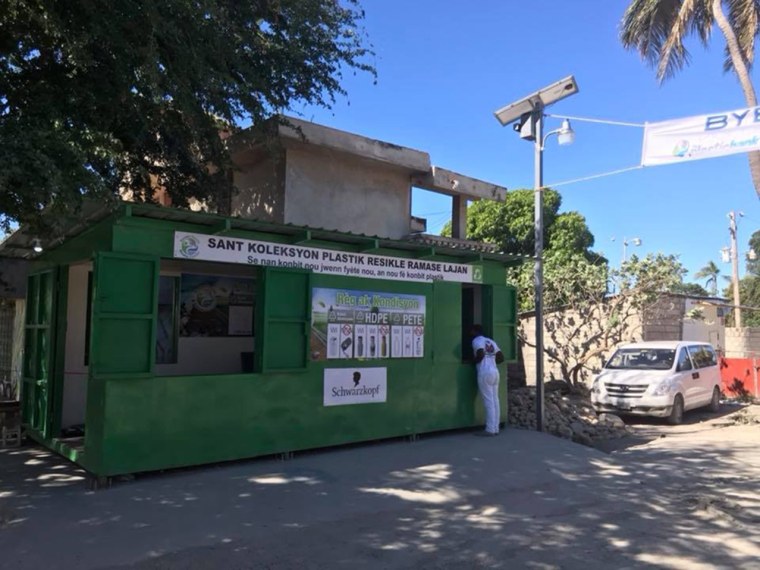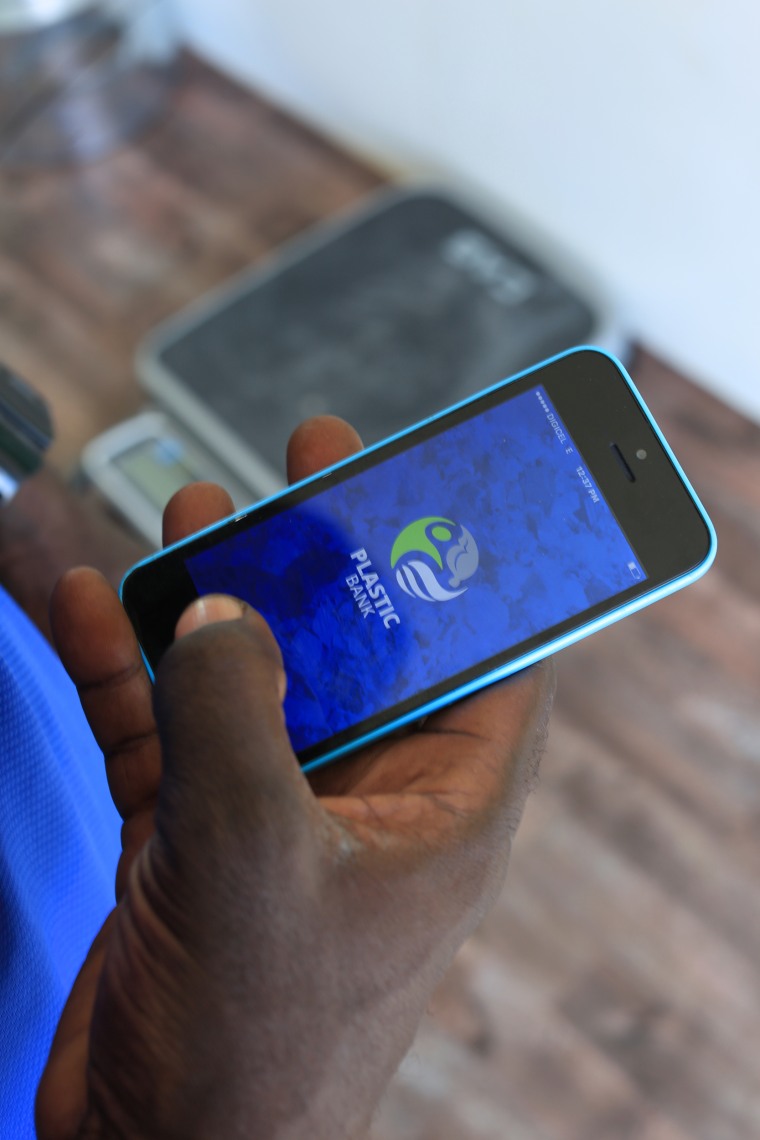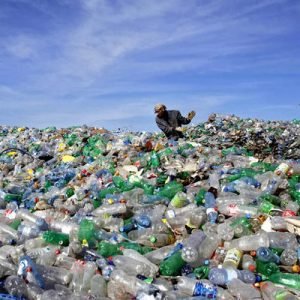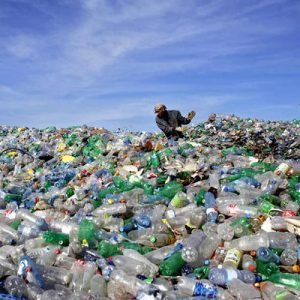The world’s oceans are awash in plastic, and the problem is only getting worse. Each year, 8 million metric tons of plastic debris ends up in the oceans, and that’s on top of the 150 million metric tons already in marine environments. The debris ensnares seabirds, starves whales and infiltrates the entire marine food chain — including humans, too, when we eat seafood.
Recently, there have been some high-profile efforts to remove plastic debris already in the oceans. Less well-known are efforts that aim to keep plastic from getting into oceans in the first place.
In one especially promising initiative, a Vancouver, British Columbia-based company called Plastic Bank is promoting plastic recycling in developing nations — which contribute disproportionately to the ocean plastic problem — via a blockchain-based system that lets locals trade collected plastic for health care, tuition, cooking oil and other goods and services.

Plastic waste is a particular problem in poor nations because they often lack a reliable waste-management system. In some countries, large swaths of land are now carpeted with bottles, bags and other plastic debris — and much of that eventually winds up in rivers, and is ultimately dumped into the ocean. According to one recent study, 90 percent of plastic debris in the ocean comes from 10 rivers, eight in Asia and two in Africa.
“We have to stop the flow of plastic from entering the ocean,” says Plastic Bank co-founder David Katz. “And to do that, we need to go to areas leaching the most into the ocean and do what we can there.”
So Plastic Bank went to Haiti and set up 40-odd recycling centers where plastic is exchanged not for cash — which could be vulnerable to the petty theft that is a problem in many parts of the country — but for cryptocurrency, which is largely theft-proof. A blockchain platform developed in partnership with IBM records transactions in an encrypted digital ledger, with the digital tokens placed into an account via a mobile phone app and then used to make purchases.

The system “ensures the right person is getting the right amount at the right time,” says Plastic Bank’s other co-founder, Shaun Frankson. “When you stave out cash, you increase the value this brings into communities without adding danger.”
Plastic collectors in Haiti get an above-market price for the waste, which can amount to $5 per day — a decent wage in a country where the average citizen lives on $2 a day, according to the World Bank. Over time, they can build credit and earn low-interest loans — a rare opportunity in a nation where citizens often lack a birth certificate or even a last name.
Jim Leape, co-director of Stanford University’s Center for Ocean Solutions, praises the initiative for addressing poverty as well as the plastic problem. “That’s a part of this equation that we urgently need to address,” he says.
Since it opened the first center in Haiti in 2015, Plastic Bank has taken in the equivalent of more than 100 million plastic bottles. The plastic is processed into flakes or pellets and then exported to other countries, where it’s used to make new products.
Plastic Bank is now expanding into the Philippines, Brazil and Indonesia. The goal is to have centers everywhere there is an abundance of poverty and plastic waste.




